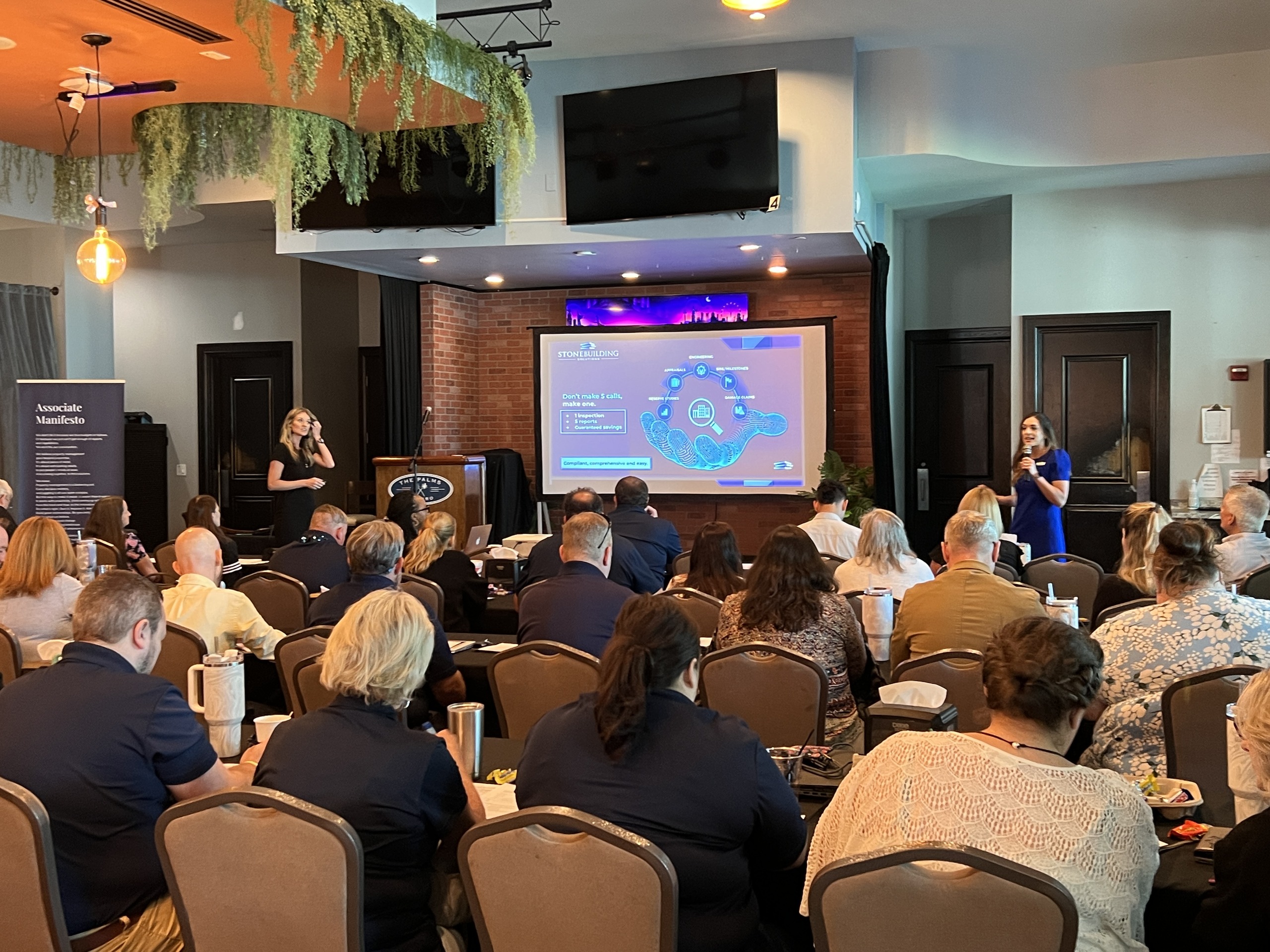HOA Vs. POA: What’s The Difference?

If you are buying a home or investment property, you may hear about two types of associations: HOA and POA. Understanding “HOA vs. POA” is important, as each has distinct functions and rules that affect property owners differently. While both can improve community value, they operate with different priorities and levels of control over property use.
HOA: Homeowners Association
An HOA, or Homeowners Association, is a group that maintains and regulates communities, often seen in planned neighborhoods or condo complexes. HOAs set rules for homeowners, which could include guidelines on property appearance, landscaping, and even exterior colors. These rules are in place to keep the neighborhood uniform and well-maintained, which can protect property values.
An HOA typically enforces these rules through membership dues, covering regular upkeep of common areas like parks, pools, and other amenities. HOAs may also handle minor engineering projects, like pathway maintenance or drainage improvements. This makes sure that shared spaces stay safe and functional.
POA: Property Owners Association
A POA, or Property Owners Association, covers a wider range of property types and is usually found in more diverse areas. This manages not only residential spaces but sometimes business properties as well.
POAs generally focus on broader community goals like local improvement projects or zoning issues rather than strict home appearance rules. They often maintain parks, open spaces, or even roads but have fewer requirements for property modifications compared to HOAs.
Unlike an HOA, a POA allows members greater freedom over property use, with fewer regulations on aspects like exterior colors or structural modifications. POAs also tend to charge lower fees since they cover less in terms of active maintenance.
Key Differences in Membership and Rules
The biggest distinction between a HOA vs. POA lies in their membership requirements and their approach to rules. HOA membership is usually mandatory, with clear rules on property appearance and upkeep.
These rules often extend to landscaping, exterior modifications, and architectural standards, making sure that every home matches the neighborhood’s look. HOAs enforce these regulations with fees and fines for non-compliance, so it is wise to review an HOA’s rules if you value flexibility.
In contrast, POA membership can be either mandatory or optional, depending on the area, and offers more relaxed guidelines. POAs prioritize the rights of property owners and encourage improvements without enforcing strict rules.
Financial Aspects of HOA and POA Fees
Fees are another major difference. HOA fees tend to be higher since they cover a wide range of services, including landscaping, amenity maintenance, and sometimes minor repairs in shared areas. These fees may also go toward a reserve fund to manage larger projects or repairs.
By contrast, POA fees are usually lower, as they support the basic upkeep of shared spaces without detailed oversight of individual properties. Knowing the budget structure and fees for both HOAs and POAs helps set realistic expectations for homeowners.
Structural Inspections and Long-Term Upkeep
Both HOAs and POAs value property upkeep but approach it differently. HOAs often schedule structural inspections for community-owned facilities or shared spaces, helping to keep everything in good shape. These inspections might cover community centers, swimming pools, or parking structures to make sure they remain safe for residents.
Regular inspections also help catch issues early, reducing the need for costly repairs. POAs may arrange for occasional inspections as well but usually focus on broader maintenance rather than routine structural reviews.
Stone Building Solutions simplifies property management by offering reliable structural assessments and maintenance support. From regular inspections to damage assessment, we work to keep properties safe and well-maintained, helping owners avoid complex coordination. Contact us today.
